Transformation, communication & relation
Development is a path without roads.
You’ll find insights by reflecting on your relationships, on your own behaviour, feelings and thoughts.
I would love to guide you.

Looking for a coach?
- Would you like to develop yourself?
- Are you struggling with some work- or life-issues?
- Do you have relational questions?
- Are you wondering what the purpose of your life is?
- Or do you feel a desire to enjoy life more? To have less stress and more pleasure?
For a supervisor?
- Are you working as a coach, trainer, change agent or consultant yourself?
- Would you like to have a supervisor with a sharp mind and a warm heart?
- Are you looking for an expert on the relational aspects of your work?
- Do you agree that reflecting on yourself is important for you professional development?
Or a workshop/training?
With pleasure I give my trainings and workshops in the field of coaching leadership, (provocative) coaching and The Six Coaching Attitudes in-company in English. If you are interested in a workshop or training, please contact me.
A coachee about my coaching
‘Overall I feel extremely grateful and priviliged to have the guidance of Karen, I learned so much. She motivated me with the right (often provocative) questions, stimulating deep reflection and curiosity to put in practice what I was learning during the coaching. Thank you so much, Karen, you helped me to become a better person and leader!.’
Laura Daniele, Senior Scientist,TNO

Welcome!
My name is Karen Walthuis. I’m a psychologist, coach, trainer, supervisor and moderator with an open mind & heart. Sharp, direct, provocative and always with empathy and compassion.
With a lot of enthusiasm I pass my insights and experiences on to other coaches, trainers, social workers, consultants and other professionals. In my workshops and trainings the Six Coaching Attitudes come to life.
Don’t hesitate to contact me to see what I can do for you or for your organization.
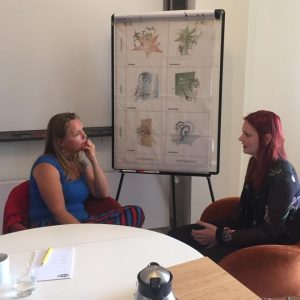
Your investment
Coaching & supervision
Corporate: € 195,-
Private: € 160,-
rates per hour excl. 21% VAT
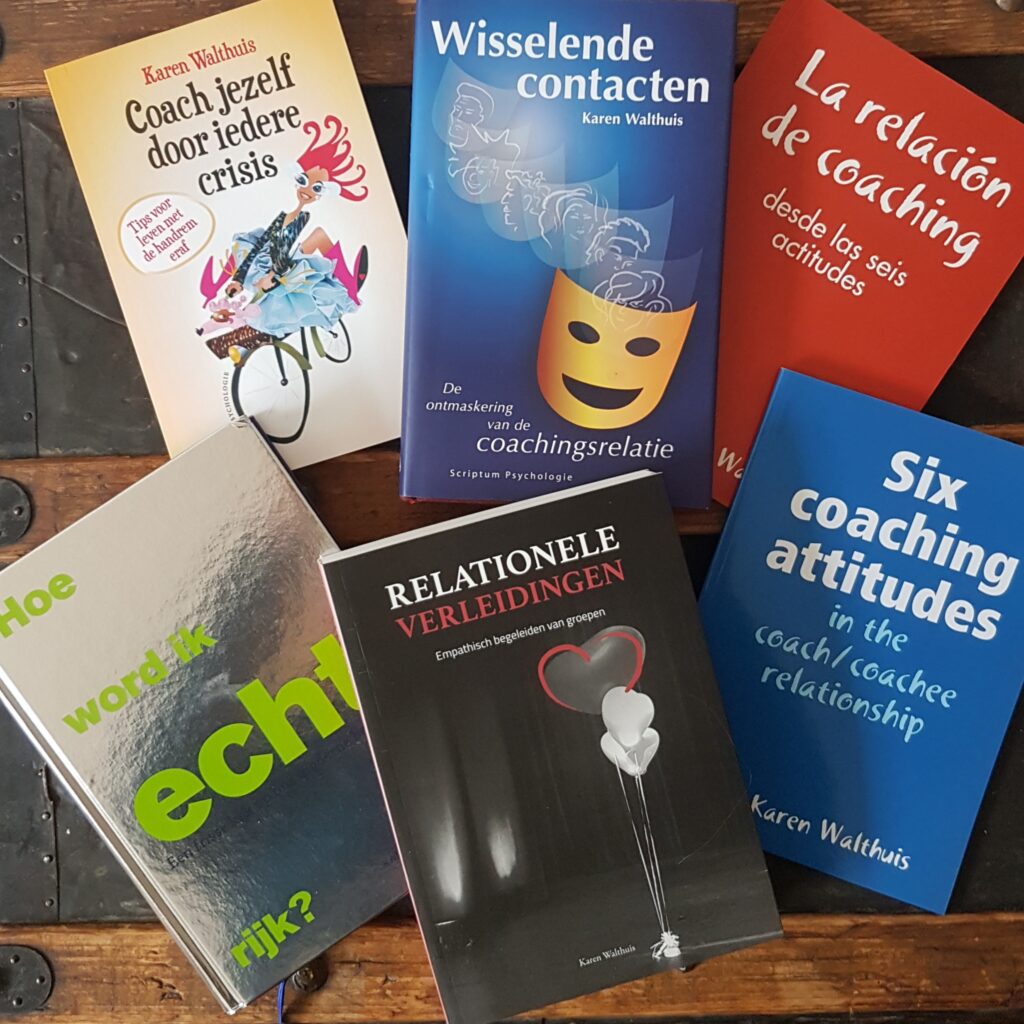
| Future | 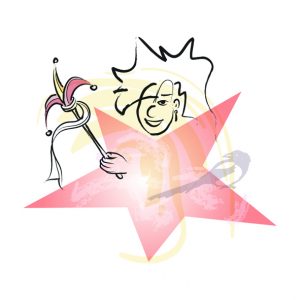
Challenger |

Captain |
| Present | 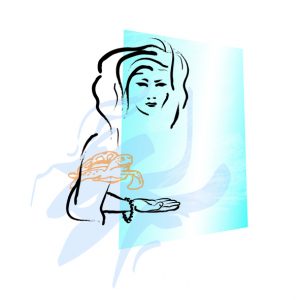
Buddhist |
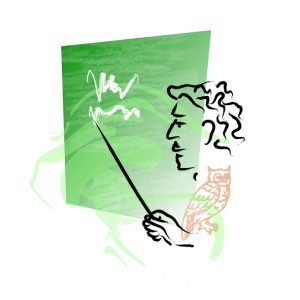
Teacher |
| Past | 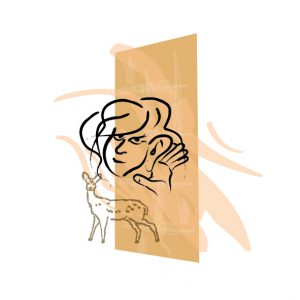
Listener |
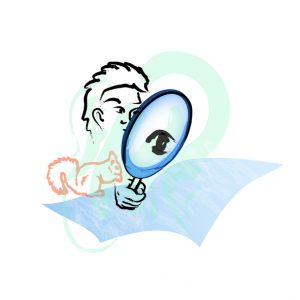
Investigator |
| Giving space | Giving direction |
Six Coaching Attitudes Model
Six Coaching Attitudes
The Six Coaching Attitudes Model helps you to reflect on how you shape the relationship with your coachee. It assists you in choosing the most suitable attitude and corresponding interventions at that particular moment.
The combination of the spatial/directional dimension and the focus on the past, present or future forms this model of six coaching attitudes.
A coaching attitude has a mental, physical and emotional component and typical interventions.
‘Responsibility’, a central theme in coaching, is at the core of the following six coaching attitudes model. The model is a result of my scientific research about responsibility in coaching.
I do not pass judgement on the value of the different attitudes. There is no particular attitude that is inherently better than another. The question is: Is your attitude aligned with the actual needs of the coachee?
The coach/coachee relationship
You’ll find the model in this book:
You can order the book at lulu.com.
If you choose the most suitable attitude, every coaching conversation becomes a wonderful meeting and an effortless, flowing process. A source of energy for both your coachee and you. And very effective, of course.
You can read more about the coach/coachee relationship in my dutch book:
coach/coachee relationship in my dutch book:
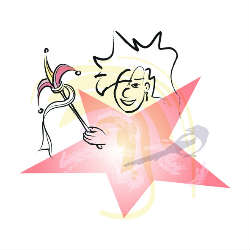
The challenger
A coach with the challenger attitude uses provocative interventions. Surprise, confusion, drama and humour first lead to chaos in the coachee’s head. But then comes creativity.
drama, humor and contradiction

The captain
A coach with the captain attitude wants to help the coachee achieve their personal goals. They are enthusiastic and driven to contribute to the coachee’s development. They set the bar high, and not just for themselves.
SMART goals

The buddhist
A coach with the Buddhist attitude is aware like no other that what is happening in the present is especially significant to the coaching. Everything is involved in the coaching: mind, spirit and body.
reflection questions and awareness
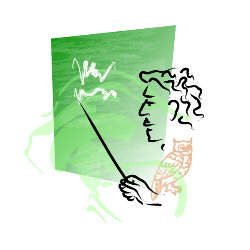
The teacher
The teacher likes to give compliments because they know this makes the coachee feel validated. They offer interesting information, talk about fascinating theories and models, and share their own or others’ relevant experiences.
knowledge and theories
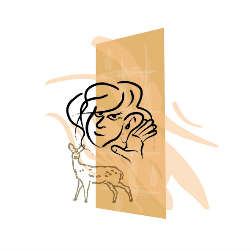
The listener
The listener knows better than anyone how important it is to really listen to somebody. To let the coachee tell their story and to let them finish their sentences.
quiet open attention
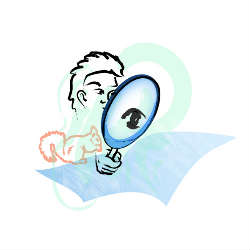
The investigator
The coach with the investigator attitude starts at the beginning and asks specific questions about the coachee and their coaching question. The investigator makes a huge effort to get to know their situation, background and personality.
facts and history

